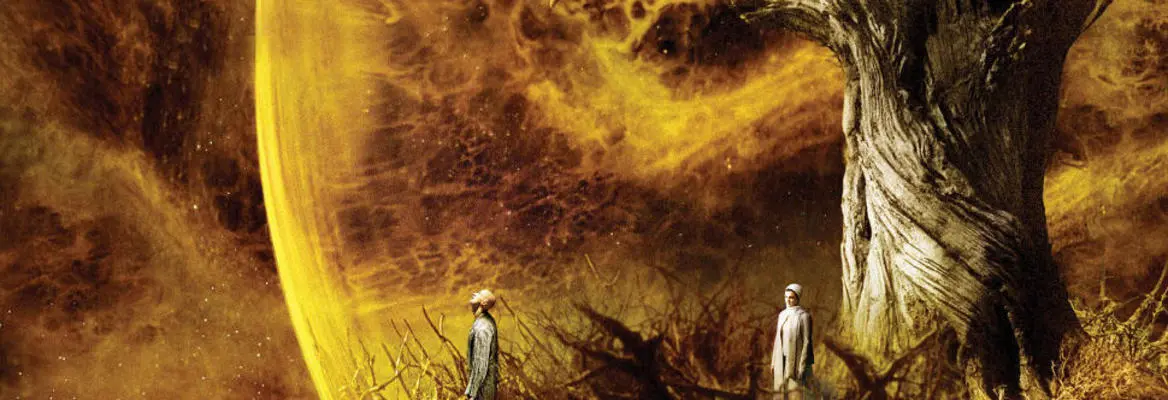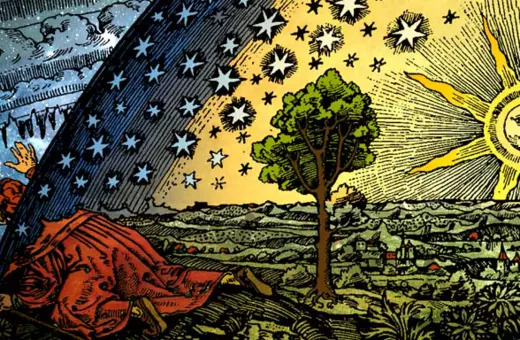Professor of Literature at Royal Holloway University, science fiction writer and critic, Adam Roberts is the author of numerous award-winning books, including Anticopernicus and New Model Army.
Interviewed here by Vassili Christodoulou, Roberts speaks about the role of anarchist science in science fiction, how 1950s youth culture became today's mainstream culture and why Ballard shouldn't be remembered as a dystopian writer.
Twenty Trillion Leagues is your second novel using Verne as a heuristic. Verne famously disagreed with Welles as to the liberties an author of scientific romance should take with technological plausibility and invention. How important is it to you to be true to Verne’s mandate for speculative fiction? Is it something you actively consider when drawing on his oeuvre, and if not, how does his work impact your own?
You’re right that Verne is sometimes taken as representing a ‘hard SF’ or scientific literature approach to genre, where Wells is a broader-brush fantasist. It comes from Verne reacting to Wells’s First Men in the Moon, where the heroes are transported lunarward by an anti-gravity metal called ‘Cavourite’. Not science, said Verne. When I send characters to the moon, he said, it is in a vessel fired out of a giant gun. This is the actual quotation:
I do not see the possibility of comparison between his [H. G. Wells] work and mine. We do not proceed in the same manner. It occurs to me that his stories do not repose on a very scientific basis. ... I make use of physics. He invents. I go to the moon in a cannon-ball, discharged from a cannon. Here there is no invention. He goes to Mars in an airship, which he constructs of a metal which does not obey the law of gravitation. Ça c'est très joli—but show me this metal. Let him produce it.
But what’s interesting here is that, actually, it says the direct opposite to what Verne thinks it does. It’s true that Cavourite doesn’t exist; but as a piece of intellectual speculation it is at least a possibility. But the science of ballistics was well understood when Verne was writing; and he must have known that putting human beings inside a gigantic artillery shell and firing them from a gun would kill the passengers instantly. So Verne says: Wells deals in the impossible, where I am the poet of possibility. But the opposite is actually the case!
Something like this is true of the fault line that runs through contemporary SF, I think. Proponents of ‘Hard SF’ claim that they stay ‘true’ to the science; but not only is this not true in terms of the specifics – faster-than-light travel, say, is very often an element in ‘Hard SF’ – it is not true on the larger formal level. The whole point about SF, the thing that draws me most strongly to it, is that it is not mimetic. Its relationship to the actual world is not that of realism; it is not documentary. Its relationship is ironic, in the fullest sense. Wells knew this.





















Join the conversation